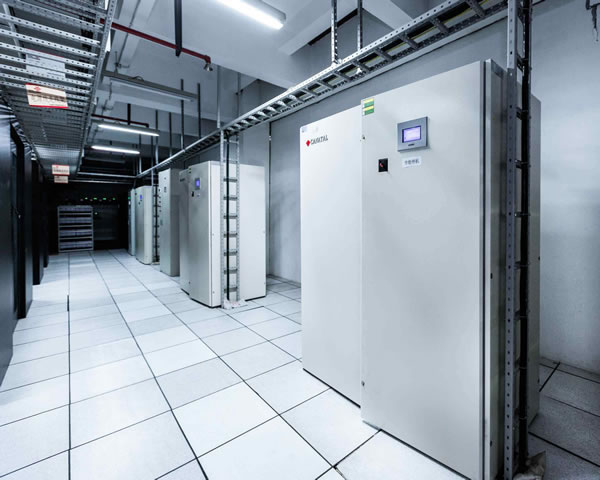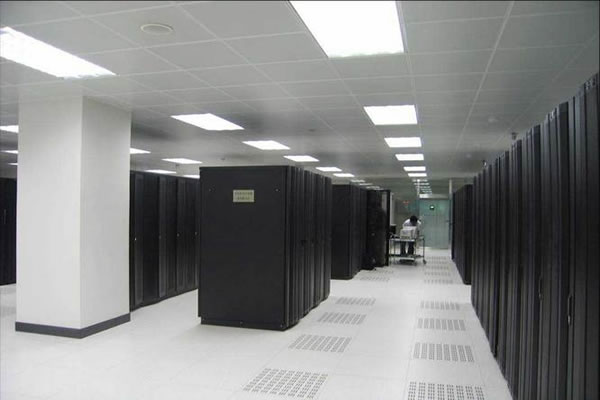in today's digital age, more and more game developers and players hope to build efficient game servers in vietnam to improve gaming experience and performance. whether it is online multiplayer or single player, choosing the right server construction plan is crucial. this article will provide you with a detailed guide to help you successfully build an efficient gaming server in vietnam.
the first step in building a game server in vietnam is to choose the right server type. generally, there are two main types of game servers: dedicated servers and virtual private servers (vps). dedicated servers provide higher performance and security, suitable for the needs of large-scale multiplayer online gaming. vps is more flexible in cost and is suitable for developers of small and medium-sized games. depending on the size and budget of the game, you can choose the best type of server.
after deciding on the server type, it is crucial to choose a reliable hosting provider. there are many companies in the vietnam market that offer gaming server hosting services, and you need to consider factors such as network latency, server stability, and customer support. you can find the hosting service provider that is best for you by reading user reviews and comparing the service content of different service providers.
hardware configuration has a direct impact on the performance of the game server. when choosing server hardware, you need to consider factors such as processor, memory, and storage space. the performance of the processor is directly related to the game's response speed, memory affects the number of players online at the same time, and storage space is related to the reading speed of game data. it is recommended to choose the appropriate hardware configuration according to the needs of the game to ensure smooth server operation.

once the server hardware is ready, you need to install and configure the operating system. for game servers, commonly used operating systems include windows server and linux. linux is often considered a more efficient and secure option, especially suitable for developers. after the installation is complete, you also need to make necessary security settings such as firewall configuration and ssh access control to ensure the security of the server.
choosing the right game server software is a key step in building an efficient game server. different types of games require different software support, such as minecraft, counter-strike, etc., each has its own dedicated server software. when installing the software, make sure to configure it according to the game's version and requirements to optimize server performance and stability.
network settings are critical to the performance and stability of the gaming server. when building a game server in vietnam, optimizing network connections can significantly reduce latency and improve players' gaming experience. it is recommended to use high bandwidth and low latency network connections and perform regular network testing to ensure that the server can operate properly under high load conditions.
building a game server is not a one-time process, and continuous monitoring and maintenance are crucial. you can use server monitoring tools to track server performance metrics in real time, such as cpu usage, memory usage, and network bandwidth. in addition, regular system updates and security patch installations are also important measures to maintain server security and stability.
when building a game server in vietnam, backup and data recovery strategies cannot be ignored. regular backup of game data and server configuration can effectively prevent data loss. you can choose an automated backup plan to ensure data security. at the same time, a detailed data recovery plan is developed so that services can be quickly restored in the event of a failure and reduce the impact on players.
after building a game server, actively building a community and providing user support are important links to enhance the player experience. you can enhance interaction with players by establishing forums, social media groups or discord servers. in addition, prompt response to player feedback and problem solving can effectively improve user satisfaction and promote the long-term development of the game.
building an efficient gaming server in vietnam requires a comprehensive consideration of multiple factors, including server type, hosting service provider, hardware configuration, network settings, etc. ensure that each link is carefully optimized and configured to achieve the best gaming performance. at the same time, continuous monitoring, maintenance and community building are also important components of the successful operation of game servers. hopefully, the guide in this article will help you build a successful gaming server in vietnam to improve your gaming experience.
- Latest articles
- reasons and solutions for thailand vps failure
- where to buy korean native ip? comparative analysis of multiple channels
- japanese vps usage tutorials and faqs
- best practices and common problems in setting up a server in singapore
- is the vietnam vps trial service experience trustworthy?
- understand the basic configuration and technical requirements of korean cloud servers
- analysis of the advantages of high-defense hard defense servers in the us market
- steps and precautions for purchasing cloud servers in vietnam
- an in-depth discussion on the stability and security of korean vps ip
- advantages and usage scenarios of alibaba cloud cambodia servers
- Popular tags
-
Things to Consider When Choosing a Native IP for Vietnam VPS
Understand the considerations when choosing a native IP for a Vietnamese VPS to help you make an informed decision and improve network performance. -
Guide to the Advantages and Choice of Vietnam VPS Cloud Server
Learn about the advantages and selection guides of VPS cloud server in Vietnam to help you make informed decisions. -
performance comparison evaluation of vietnam cn2 server
in-depth evaluation of the performance of vietnam cn2 server, including comparison of stability, speed, latency, etc. to help users choose the appropriate server.


